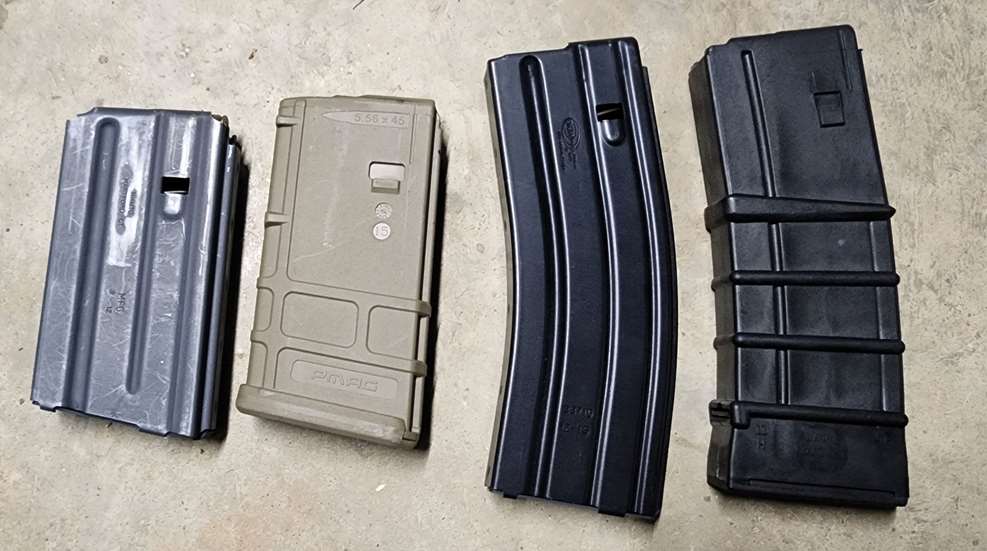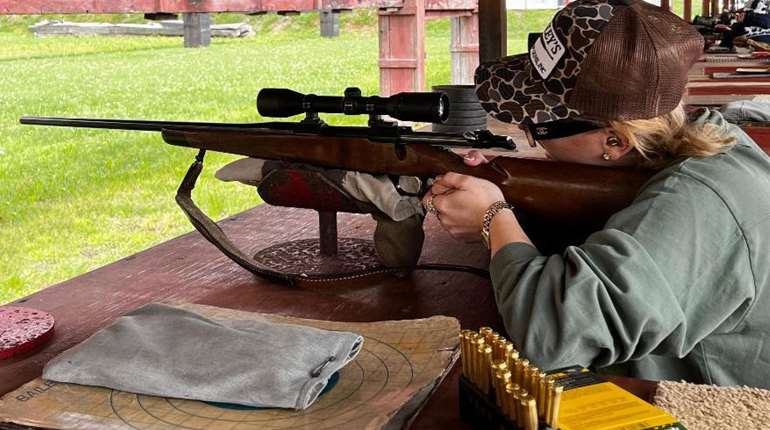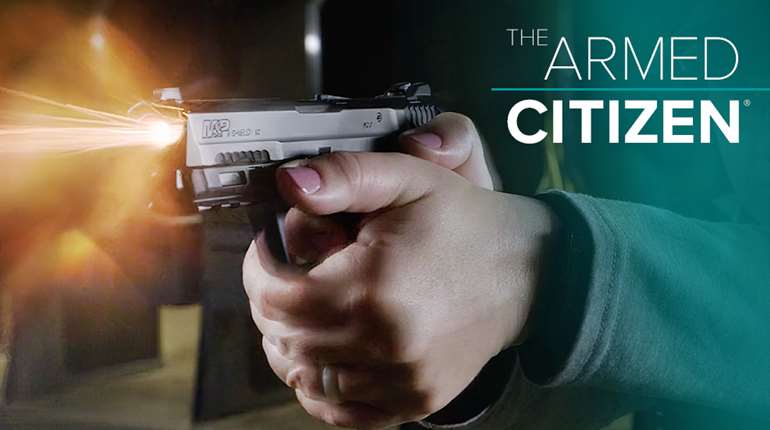
Whether you’re a competitive shooter who loads a new mag after every string, a TEOTWAWKI prepper who stockpiles just in case, or just a concealed carrier who’d like to have a couple of extra magazines at your disposal, you’ve found yourself shopping for additional magazines for your handgun or AR-15. You’ve no doubt discovered that buying OEM mags from the gun’s manufacturer is a pricey proposition—they’re just plain expensive. There are cheaper options online made by aftermarket third parties. Are they any good? How bad is it to use these aftermarket magazines?

The answer is: It depends. Some aftermarket products are much better than others. In general, I’ve found aftermarket AR mags to be more consistently reliable than handgun magazines. Because the AR is so modular and most are built to mil-spec, it isn’t terribly difficult to build a magazine that will fit and function reliably. Many aftermarket AR mags are just as good as or better than the mags that came with your gun. Pistols, with their endless variations, are another matter.
There’s a huge quality spectrum in aftermarket handgun magazines. Some are excellent; just as good as OEM. Some are junk; prone to cause failures to feed, not fitting properly or otherwise failing at the worst time. Some are particular about the ammo you load into them. If you’re going to give aftermarket mags a try, whether for pistol or AR, shop around, read reviews (although online reviews should be read with a skeptical eye these days), ask fellow shooters what they like, and don’t buy the absolute cheapest product on the market. It’s almost certainly cheap for a reason.
Keep in mind the abuse that magazines take when getting dropped to the ground in training and sometimes competition, and don’t expect them to last forever—no matter who made them. Have reasonable expectations of how long a magazine will hold up, and then take your mags out to the range and test them. There’s really no other way to know how good an aftermarket magazine is—and how well it functions in your specific gun—without real-world testing. Some will pass with flying colors. Some will fail miserably and be relegated to the “only for when I want to train failure drills” pile (be sure to label these!). Some will be in between, and these get used for training only.
OEM magazines are not perfect, either, but they are almost always the most reliable option, particularly in handguns, and I recommend you keep an OEM mag in your concealed carry firearm. If you are a serious competitor who needs a range bag full of magazines to get through a match, you should consider buying OEM or doing intense, extensive testing on any aftermarket mags before using them in competition. I know from experience what a bummer it is to be in the middle of a stellar string only to have it blown by a mag malfunction.
There’s nothing wrong with buying aftermarket mags to save a little money, but do your research before buying and test all mags at the range before you trust your life to them in a self-defense firearm.














































